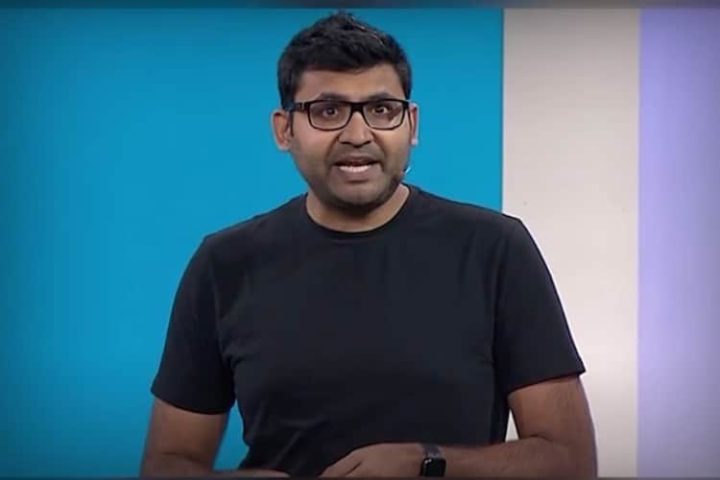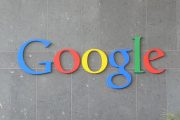
On Monday, longtime Twitter CEO Jack Dorsey unexpectedly resigned from the social-media giant and a new CEO, Parag Agrawal, was named to lead the company.
In a statement announcing his resignation, Dorsey, who co-founded Twitter in 2006, said that Agrawal was his personal choice to head the company going forward “given how deeply he understands the company and its needs.”
Dorsey will remain with Twitter as a member of the board of directors during the transition to the new leadership.
Agrawal said he was “honored and humbled” by his selection to be CEO. In his own statement, he said of the company: “Our purpose has never been more important. Our people and our culture are unlike anything in the world. There is no limit to what we can do together.”
But Agrawal, a software engineer and the company’s chief technology officer since 2017, has a history of making some disturbing comments about how he views free speech.
“Our role is not to be bound by the First Amendment, but our role is to serve a healthy public conversation and our moves are reflective of things that we believe lead to a healthier public conversation,” Agrawal said in 2020. “The kinds of things that we do about this is, focus less on thinking about free speech, but thinking about how the times have changed.”
Certainly, as a multinational company, Twitter is not bound by the uniquely American First Amendment. However, most of us in the United States take the idea of free speech rather seriously. We don’t necessarily want a “healthy public conversation,” whatever that means. We want to say what we think without fear of censorship.
Twitter has long been accused of expurgating thought and speech that the far-left woke mob finds offensive. Agrawal’s comments don’t offer much comfort that such censorship will lessen under his leadership.
When asked to define “misinformation” in a 2020 interview with MIT Technology Review, Agrawal focused on any “potential for harm” of the “misinformation” being shared instead of whether it was true or not.
“I think that’s the existential question of our times. Defining misinformation is really, really hard. As we learn through time, our understanding of truth also evolves,” Agrawal said. “So, we focused way less on what’s true and what’s false. We focus way more on potential for harm as a result of certain content being amplified on the platform without appropriate context.”
Twitter has routinely described itself as a “global town square” where ideas and points of view can be discussed freely. It’s simply not its role to police “potential harm” of ideas.
Despite being Twitter’s new CEO for less than three full days, controversy surrounding past tweets from Agrawal has already emerged. A 2010 tweet from Agrawal quickly emerged in which he quoted comedian Asif Mandvi saying, “If they are not gonna make a distinction between muslims and extremists, then why should I distinguish between white people and racists.”
Starting in 2019, Agrawal headed Twitter’s Project Bluesky, which was designed to create a “decentralized standard for social media that would help better control abusive and misleading information on its platform.”
Then in 2020, Twitter chose to censor the completely accurate New York Post story about Hunter Biden’s laptop — a story which, had it been fairly covered by mainstream media, may have swayed the 2020 election in Donald Trump’s favor.
In one of his first moves as CEO, Agrawal and Twitter updated its policy on the sharing of private information “expanding its scope to include ‘private media.’” The new rule bans the sharing of “media of private individuals without the permission of the person(s) depicted.”
However, “This policy is not applicable to media featuring public figures or individuals when media and accompanying Tweet text are shared in the public interest or add value to public discourse.”
Exactly who decides who is a “private individual” and a “public figure?” Who decides what is in the “public interest” and what exactly might “add value to public discourse?”
Even Agrawal’s first move as CEO seems to be a free-speech quelling measure.
It’s easy to just dismiss Twitter’s authoritarian speech-policing ways, join Gab or Telegram or another platform that doesn’t yet dogmatically censor free speech, and call it a day. But Twitter, Facebook, Instagram, and all the rest still need to be called out on their censorship. Like it or not, Twitter is still influential in society and the censorship it inflicts on people is wrong and extremely un-American.




